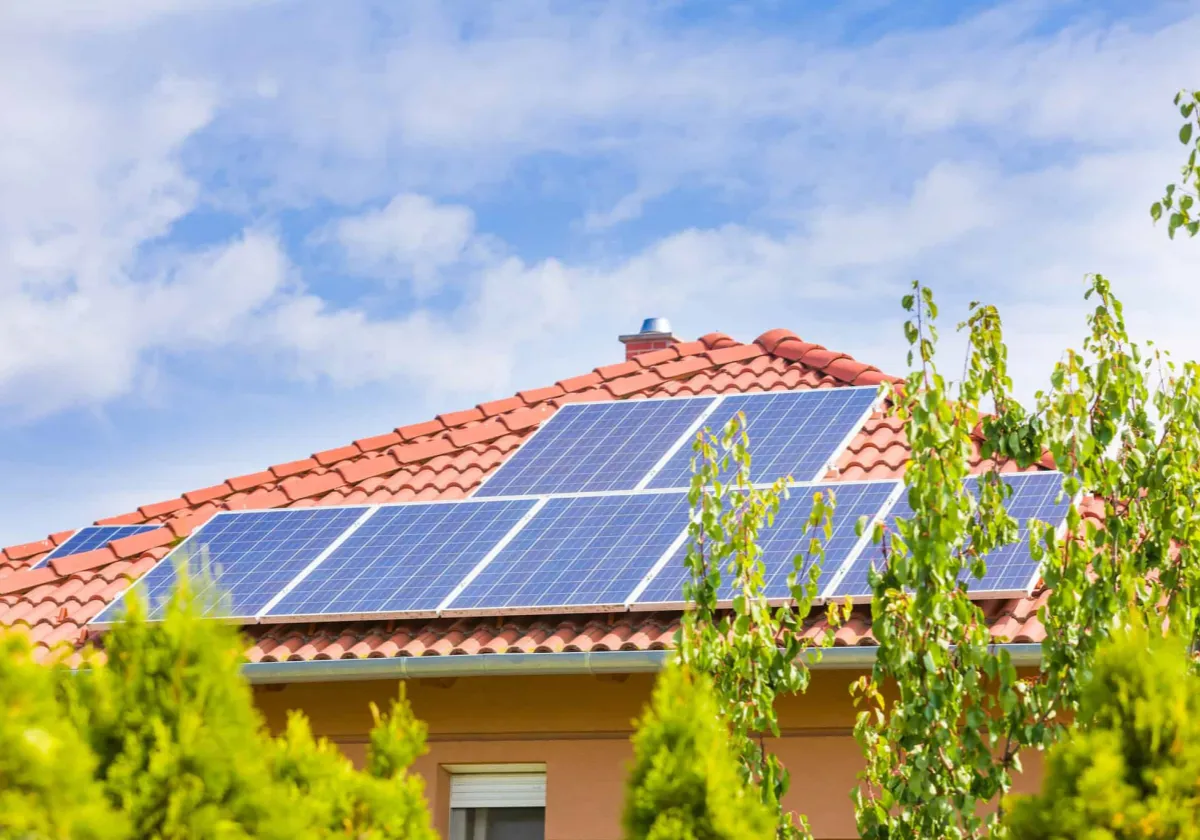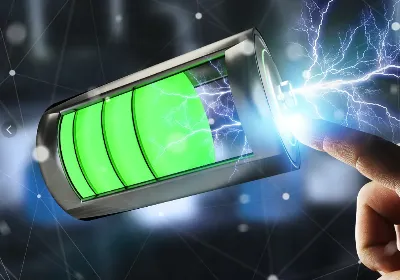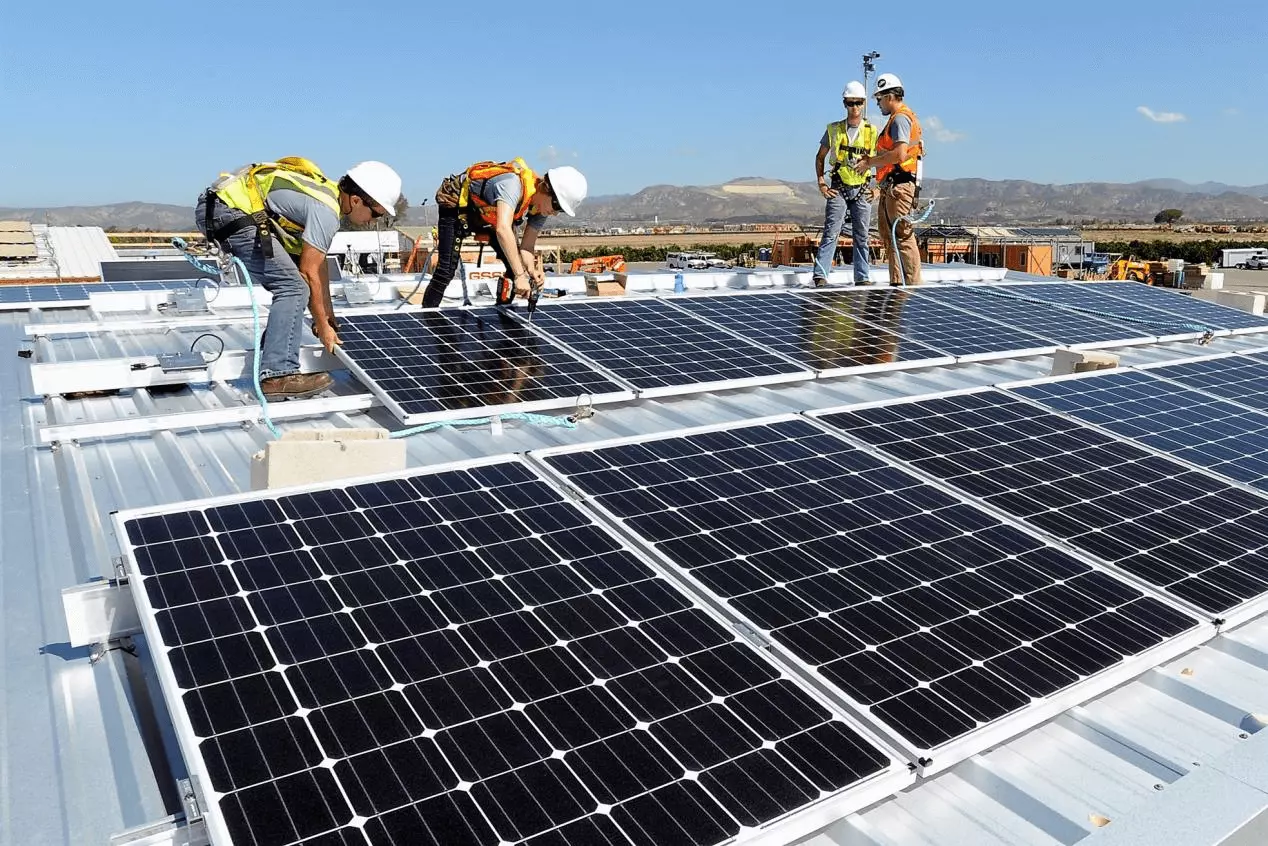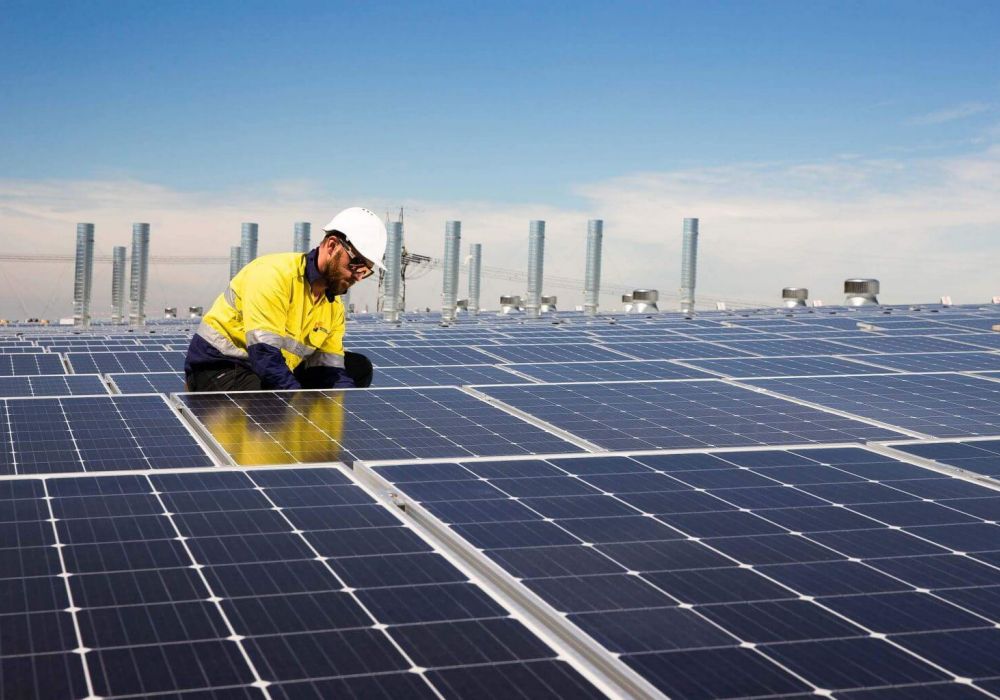What Is Off Grid Solar Power System
What Is Off Grid Solar Power System
In the process of understanding solar power system, you may have heard of off-grid solar power systems, so what is an off grid solar power system? What are its components?
Off grid solar power system is also called independent solar power system. It can operate independently of the grid, convert light energy into electrical energy. It can effectively solve the problems caused by power shortage and blackout. Since the off-grid solar power system is not restricted by region, so it is widely used, as long as there is sunlight, it can be installed and used. It can realize “where there is light, there is electricity”. The off-grid solar power system is very suitable for using in remote areas without grids. At the same time, it can also be used as emergency power generation equipment in areas with frequent power outages.
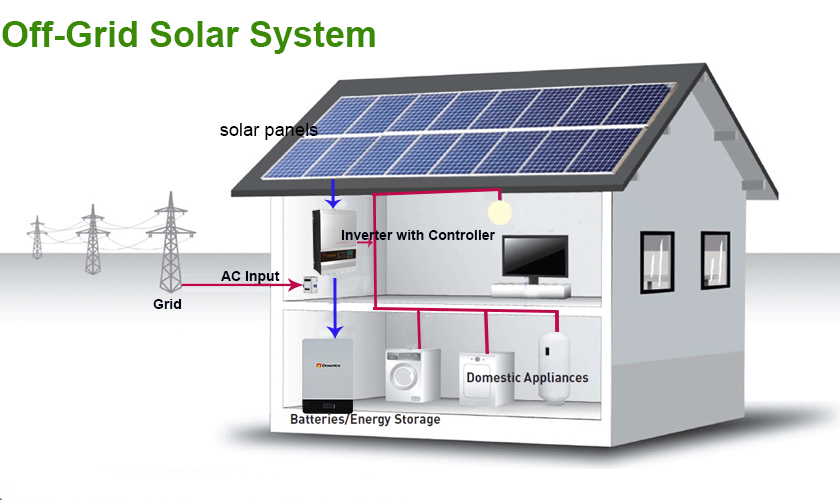
Off-grid solar power systems typically include solar panels, a charge controller, batteries, an inverter, and sometimes a backup generator. The solar panels generate DC electricity from sunlight, which is sent to a charge controller that regulates the charge to the batteries. The batteries store the electricity for use when the sun is not shining or during periods of high energy usage. The inverter converts the DC electricity from the batteries into AC electricity that can be used to power home appliances and devices.
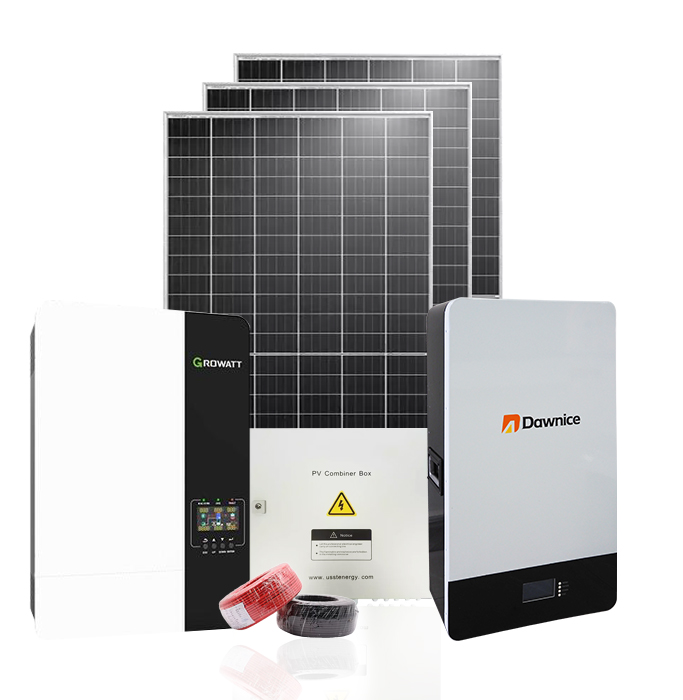
(1) Solar Module
The solar battery module is the main part of the solar power supply system, and it is also the most valuable component in the solar power system. Its function is to convert the sun’s radiant energy into DC power;
Principle of power generation: The working principle of crystalline silicon n/p-type solar cells: When p-type semiconductors and n-type semiconductors are closely combined and connected together, a p-n junction is formed at the interface between the two. When the photovoltaic cell is irradiated by sunlight, the accumulation of positive and negative charges is formed on both sides of the p-n junction, resulting in a photovoltaic voltage and a built-in electric field, which is the “photovoltaic effect”. Theoretically speaking, at this time, if the electrodes are drawn out on both sides of the built-in electric field and connected to an appropriate load, a current will be formed, and power will be obtained from the load. The battery component of the off-grid photovoltaic power generation system is a solid device that uses the electronic properties of semiconductor materials to achieve P-V conversion.
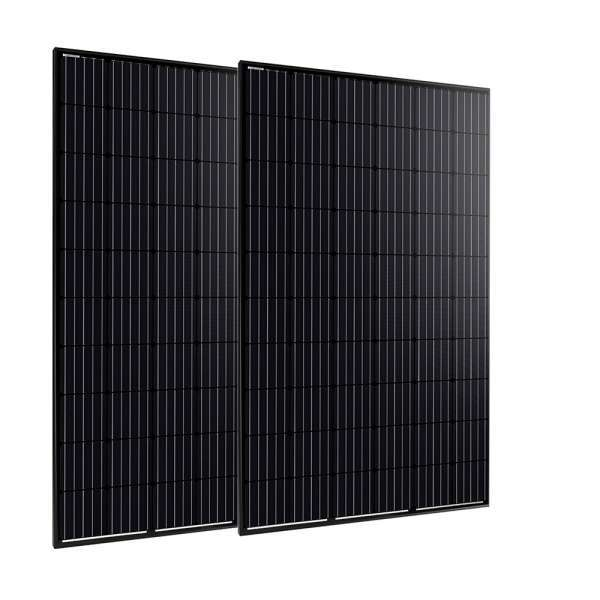
(2) Off-grid inverter with solar charge controller
Solar charge controller function is to regulate and control the electric energy generated by solar cell components. To charge the battery to the maximum, and play the role of overcharge protection and over discharge protection for the battery. In places with large temperature differences, the solar controller have the function of temperature compensation.
The off-grid inverter is the core component of the off-grid power generation system, which is responsible for converting DC power into AC power for AC loads. In order to improve the overall performance of the photovoltaic photovoltaic inverter map power generation system and ensure the long-term stable operation of the power station, the performance index of the inverter is very important.
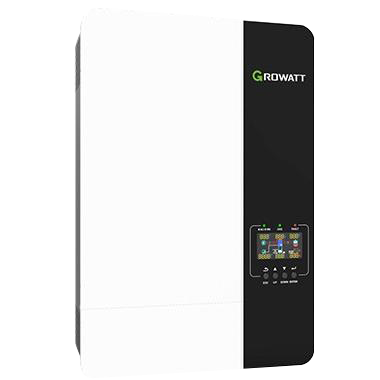
(3) Battery pack
Store the power generated by solar modules during the day for use when there is no sunlight.Dawnice has 20 years of experience in battery assembly. Lithium batteries with different capacities and voltages can be customized according to different needs.
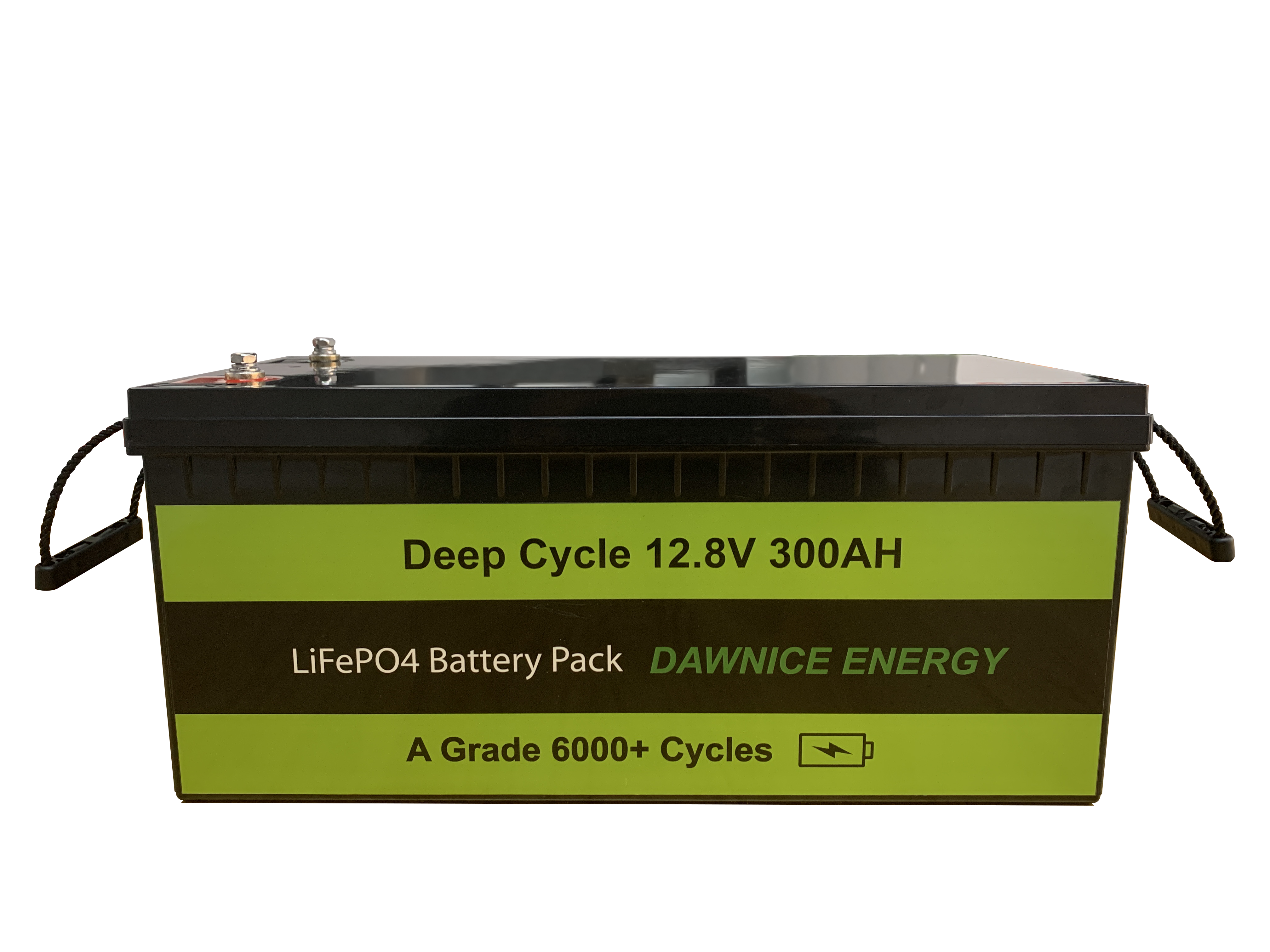
An off-grid solar power system is typically designed to meet the energy needs of the property it is installed on, which requires a careful assessment of energy usage and available solar resources. Off-grid solar power systems are often used in remote locations where it is not practical or cost-effective to connect to the electrical grid, such as cabins, RVs, and remote homes. They can also provide energy security in areas where power outages are common or where the grid is unreliable.
Off-grid solar power systems require more maintenance and planning than grid-tied systems, as the system must be designed to meet all of the energy needs of the property without access to backup power from the grid. They also require a larger investment in equipment and installation than grid-tied systems, but they can provide significant long-term cost savings and energy independence.

